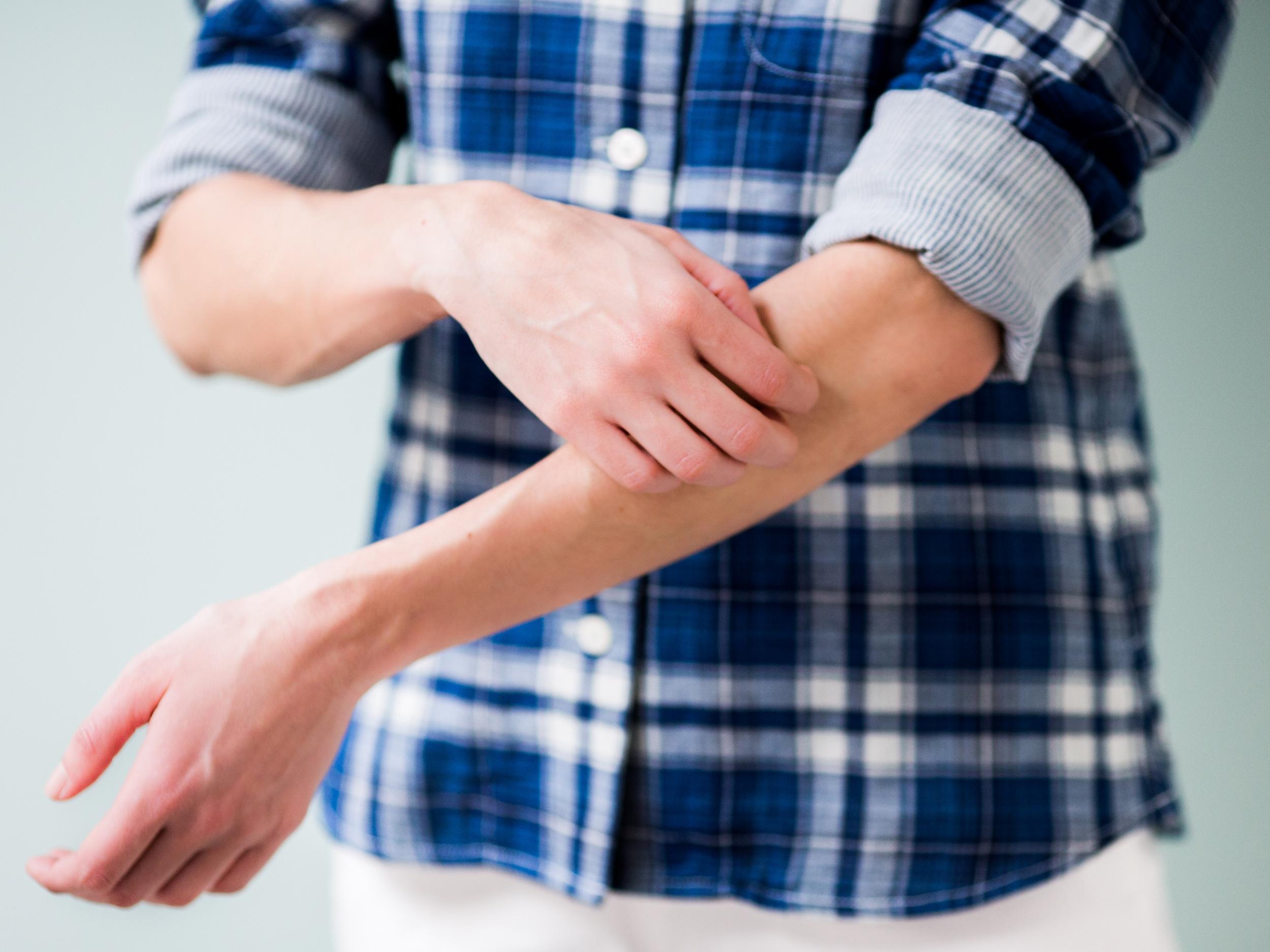Skin injuries suffered during the day heal 60% faster, study finds
Burns sustained between 8am and 8pm recover in just 17 days, compared to 28 for those inflicted at night, according to research by Cambridge Laboratory of Molecular Biology

Wounds such as cuts and burns heal approximately 60 per cent faster if they happen during the day rather than at night, a study has found.
Researchers discovered that burns which occurred at night - between the hours of 8pm and 8am - healed after an average of 28 days, compared to just 17 days for those which happened in the day time.
The team at the Medical Research Council (MRC) Laboratory of Molecular Biology in Cambridge, who studied the records of 118 burns patients, said the results showed the effect of our internal body clocks.
They hope the discovery will help improve surgery or lead to the development of more effective treatments for wound healing.
Dr John O'Neill, one of the researchers, said the human body may have evolved to heal fastest during the day when injuries are more likely to occur.
He added: “This is the first time that the circadian clock within individual skin cells has been shown to determine how effectively they respond to injuries.
“It may be that healing time could be improved by resetting the cells' clocks prior to surgery, perhaps by applying drugs that can reset the biological clock to the time of best healing in the operation site.”
Body clocks - or circadian rhythm - regulate nearly every cell in the human body, driving 24-hour cycles in many processes such as sleeping, hormone secretion and metabolism.
The scientists found that during the day time, skin cells moved to the site of injury to help heal it much faster than at night.
Dr John Blaikley, a clinician scientist from the University of Manchester who contributed to the research, said: “Treatment of wounds costs the NHS around £5 billion a year, which is partly due to a lack of effective therapies targeting wound closure.
“This research, for the first time, shows how circadian factors are important for wound healing.
“By taking these into account, not only could novel drug targets be identified, but also the effectiveness of established therapies might be increased through changing what time of day they are given.”
The study, published in the journal Science Translational Medicine, says that further research is needed to understand whether changes to surgical practice would be beneficial.
PA
Join our commenting forum
Join thought-provoking conversations, follow other Independent readers and see their replies
Comments